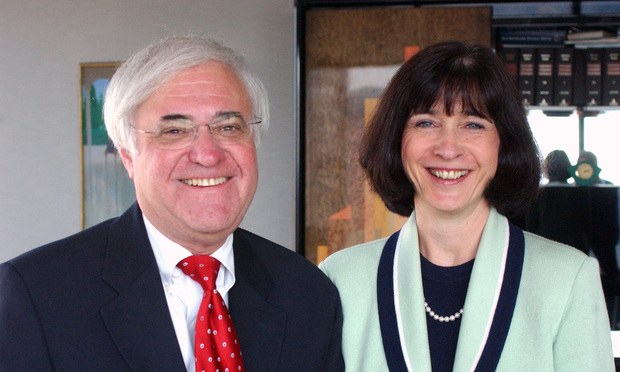The phrase res ipsa loquitur is Latin for “the thing speaks for itself.” Its earliest known use was by Cicero in his unsuccessful defense of his friend Titus Annius Milo in 52 B.C. The doctrine of res ipsa loquitur is based upon the premise that some events do not usually occur in the absence of negligence. It is not a separate theory of liability. Where the actual cause of an accident is unknown, under the doctrine of res ipsa loquitur, a jury may in certain circumstances infer negligence merely from the happening of an event and the defendant’s relation to it.
Res ipsa loquitur permits the inference of negligence to be drawn from the circumstances of the occurrence. The rule has the effect of creating a prima facie case of negligence sufficient for submission to the jury. It permits a jury to consider circumstantial evidence and allows, but does not require, the jury to infer that the defendant was negligent.1 It does not relieve plaintiff of the burden of proof and may be rebutted by the defendant’s evidence. To rely on res ipsa loquitur, a plaintiff need not conclusively eliminate the possibility of all other causes of the injury. It is enough that the evidence supporting three required conditions affords a rational basis for concluding that “it is more likely than not” that the injury was caused by defendant’s negligence. Kambat v. St. Francis Hosp., 89 N.Y.2d 489, 655 N.Y.S.2d 844 (1997).
This content has been archived. It is available through our partners, LexisNexis® and Bloomberg Law.
To view this content, please continue to their sites.
Not a Lexis Subscriber?
Subscribe Now
Not a Bloomberg Law Subscriber?
Subscribe Now
LexisNexis® and Bloomberg Law are third party online distributors of the broad collection of current and archived versions of ALM's legal news publications. LexisNexis® and Bloomberg Law customers are able to access and use ALM's content, including content from the National Law Journal, The American Lawyer, Legaltech News, The New York Law Journal, and Corporate Counsel, as well as other sources of legal information.
For questions call 1-877-256-2472 or contact us at [email protected]



